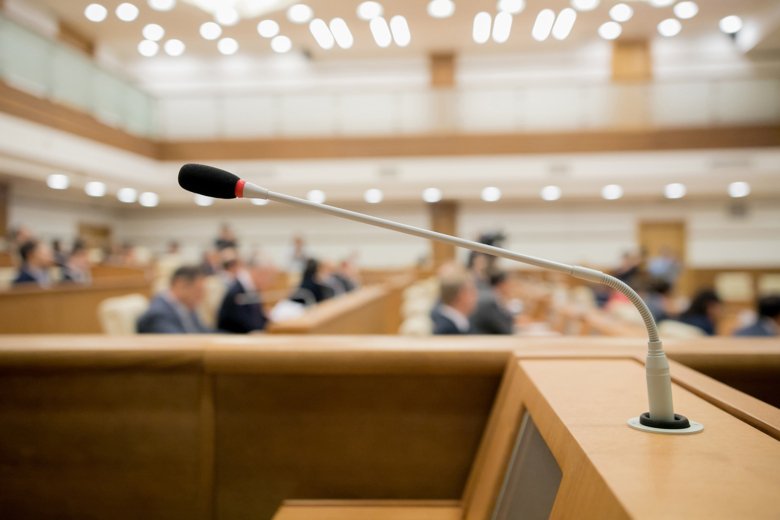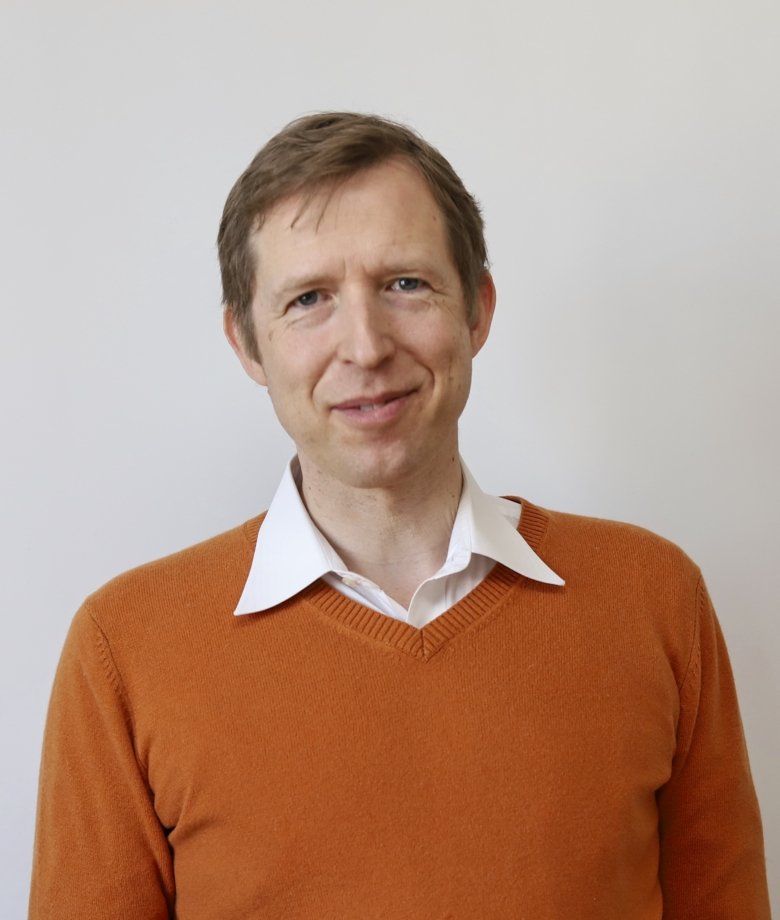Success following dispute with the Swedish Medical Products Agency

Mikael Tiger, researcher at the Department of Clinical Neuroscience at Karolinska Institutet has won his dispute with the Swedish Medical Products Agency over a fee exemption for a clinical trial. This follows an appeal lodged with the Supreme Administrative Court.

“This is great news, both for me and for independent clinical pharmaceutical research in Sweden,” says Mikael Tiger, researcher at the Department of Clinical Neuroscience.
At the end of November it became clear that he would win his dispute with the Swedish Medical Products Agency. The case concerned a reduction in application fees charged by the Agency for independent scientific researchers applying to perform clinical trials.
This was following the Supreme Administrative Court’s decision to dismiss the case brought against Mikael Tiger.
Consequently, the Swedish Medical Products Agency will have to repay either all or part of the SEK 50,000 application fee.
“A significant sum”
This dispute can be traced back to March 2019 when the Swedish Medical Products agency changed their routines for application fees. Previously, non-commercial actors such as independent scientific researchers were covered by a general fee exemption.
This exemption was scrapped with reference to the principle of equality. However, the Medical Products Agency can reduce fees if there is valid reason – however the entire fee must be paid when an application is submitted.
“SEK 50,000 may be small change for a pharmaceutical company, but this is a significant sum for independent scientific researchers. The SEK 50,000 threshold may be the difference between trialling a good idea or conducting fewer clinical trials,” explains Mikael Tiger.
For Mikael Tiger, this fee was an unforeseen expense as the change was made at short notice. Hence the case also addressed how he uses his funding that has come from bequeathed money.
“People who have donated their money no doubt expect that it will be used towards research and not admin fees. So this is a matter of showing respect to those who have made financial contributions, and using the money they donate for its intended purpose. If I had not won this case, a large portion of my funding would have gone to cover administration fees,” he says.
Mikael Tiger’s study looks at medication used to treat depression. The drug is called escitalopram and is a common SSRI (selective serotonin reuptake inhibitor). The study intends to examine markers that can predict which patients with depression will improve following treatment, and explore how the drug works against depression.
When Mikael Tiger submitted his application to conduct the study, he also applied for the fee exemption. However the fee exemption application was rejected. He appealed, but was rejected by the Swedish Medical Products Agency again.
Mikael Tiger chose to pursue the case further, and appealed the Agency’s decision with the Uppsala Administrative Court. One driving force behind the appeal was to get the money back – even if did not expect it to pay off financially. The other was his belief that the Agency’s changed routines were wrong.
“I think this is an important issue for independent clinical research. I don’t think this was the intention. It has always been a given that as a non-commercial actor conducting a scientific study, you would be exempt from the fees. The practice changed overnight, without any changes to the regulations. And I question that,” Mikael Tiger continues.
To motivate paying the reduced fee, Mikael Tiger stated that his study was important for public health and since the patent for the SSRI in Sweden had expired, there is no financial incentive for the pharmaceutical industry to fund the research.
In February, the administrative court’s judgment in favour of Mikael Tiger was delivered.
The administrative court stated that no practice exists for determining specific reasons, however there may be grounds for reducing the fee for non-commercial actors, and if the trial is important for the healthcare system or valuable for research. The conclusions reached came from the preparatory work towards the Swedish Medical Products Act, and an EU Regulation about to enter into force. According to the judgment, Mikael Tiger’s study met these criteria.
The Agency appealed
The Swedish Medical Products Agency appealed the judgment with the Administrative Court of Appeal, who reached the same conclusions as the administrative court. The Medical Products Agency then took the case further to the Supreme Administrative Court – who recently decided not to hear the case.
The outcome means that Mikael Tiger will get his money back – but he also believes that the judgment is a matter of principle.
“I hope and expect that this will result in new routines and an increased chance for non-commercial clinical trials to be granted reduced fees. I also hope that this will contribute to improved conditions for independent clinical research,” he says.
He encourages other scientific researchers to continue to apply for the fee exemption pending the Medical Products Agency’s investigation into how the judgment will affect their practice.
“I think we should go back to the way things were, so I recommend that we apply for the fee exemption for non-commercial clinical trials. It could also pay off financially. If an application is rejected, you can appeal the decision. Then you will have to think about what special reasons you have – this was not overly complicated,” says Mikael Tiger.
He estimates that he dedicated approximately one working day to the entire process, which in his case included both the review and the appeal, and a statement on the appeal lodged by the Medical Products Agency.
